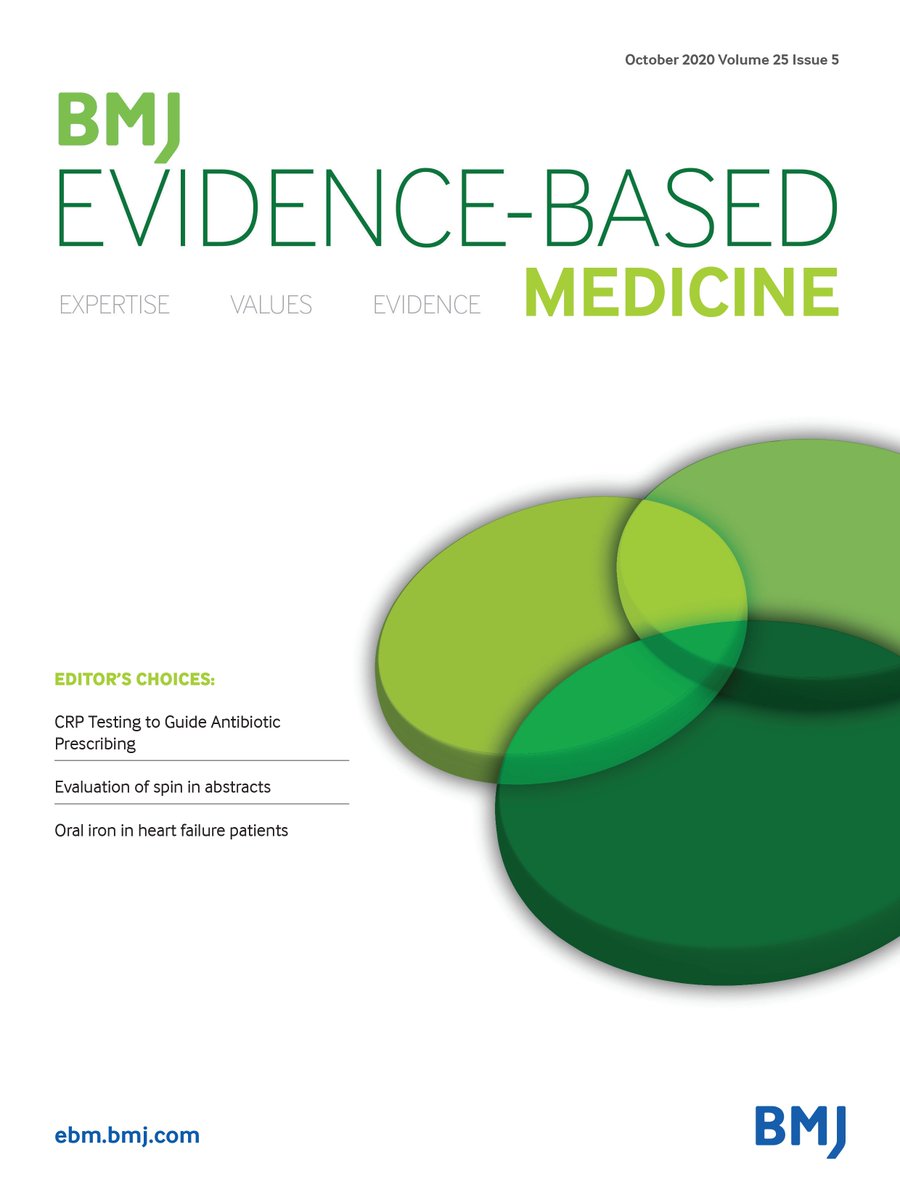呼吁社区共同决策
IF 9
3区 医学
Q1 MEDICINE, GENERAL & INTERNAL
引用次数: 0
摘要
医学界普遍认为共同决策是患者与临床医生之间的合作。例如,Montori 等人指出,"患者和临床医生必须合作,以达成对问题的有用表述"。1 鼓励患者根据每种选择的益处和害处对护理选择进行评估,说出自己的偏好,并与医生一起确定最佳行动方案。2 尽管共同决策的范围很广,但仅在患者和医生之间进行也有明确的限制。3 Elywin 等人指出,"当......更广泛的利益凌驾于个人意愿之上时,共同决策就会受到限制"。如何在实践中解决这些问题是一个关键的缺口。抗生素耐药细菌感染、阿片类药物被转用导致的用药过量以及麻疹复发都是通过社区中其他人的行为影响个人的医疗问题。在这里,合作要么失败,要么根本没有尝试。5 虽然在生活中存在各种形式的合作行为(例如,许多人选择回收利用、投票、在餐馆给小费和向慈善机构捐款),5 但在医学领域的合作中存在一些需要特别关注的障碍。其中最大的两个障碍是缺乏对合作必要性的认识,以及实施鼓励合作的方法。要解决这些障碍,社区成员应努力就一项共同战略达成决议,从而受益匪浅......本文章由计算机程序翻译,如有差异,请以英文原文为准。
A call for community-shared decisions
Shared decision-making in medicine is widely viewed as a collaboration between the patient and the clinician. For example, Montori et al state, ‘The patient and clinician must collaborate to arrive at a useful formulation of the problem’.1 Patients are encouraged to evaluate care choices in light of the benefits and harms of each, state their preferences and identify the best course of action along with their doctor.2 Despite its broad reach, shared decision-making solely between a patient and doctor has clear limits. Over 30 years ago, Brock and Wartman cautioned that ‘[p]atients do not have an unqualified right to make even rational individual choices that risk serious harm to others’.3 Elywin et al noted that ‘limits on shared decision-making will occur when… wider interests overrule individual wishes’.4 These authors lay out problems with shared decisions for antibiotics, opioids and vaccine hesitancy. A crucial gap is how to address these problems in practice. Antibiotic-resistant bacterial infections, overdoses from diverted opioid pills and the resurgence of measles are all medical problems that affect an individual through actions others in the community have taken. Here cooperation has either failed or has not been attempted at all. Lack of cooperation occurs when individuals believe it is in their best interest to deviate from the action that they would like others to take.5 While various forms of cooperative behaviour exist in the wild (eg, a large number of individuals choose to recycle, vote, tip at restaurants and donate to charity),5 there are barriers to cooperation in medicine that require special attention. Two of the biggest barriers are a lack of awareness that cooperation is needed and the implementation of approaches to encourage cooperation. To address barriers, community members benefit from working towards a resolution on a common strategy that …
求助全文
通过发布文献求助,成功后即可免费获取论文全文。
去求助
来源期刊

BMJ Evidence-Based Medicine
MEDICINE, GENERAL & INTERNAL-
CiteScore
8.90
自引率
3.40%
发文量
48
期刊介绍:
BMJ Evidence-Based Medicine (BMJ EBM) publishes original evidence-based research, insights and opinions on what matters for health care. We focus on the tools, methods, and concepts that are basic and central to practising evidence-based medicine and deliver relevant, trustworthy and impactful evidence.
BMJ EBM is a Plan S compliant Transformative Journal and adheres to the highest possible industry standards for editorial policies and publication ethics.
 求助内容:
求助内容: 应助结果提醒方式:
应助结果提醒方式:


